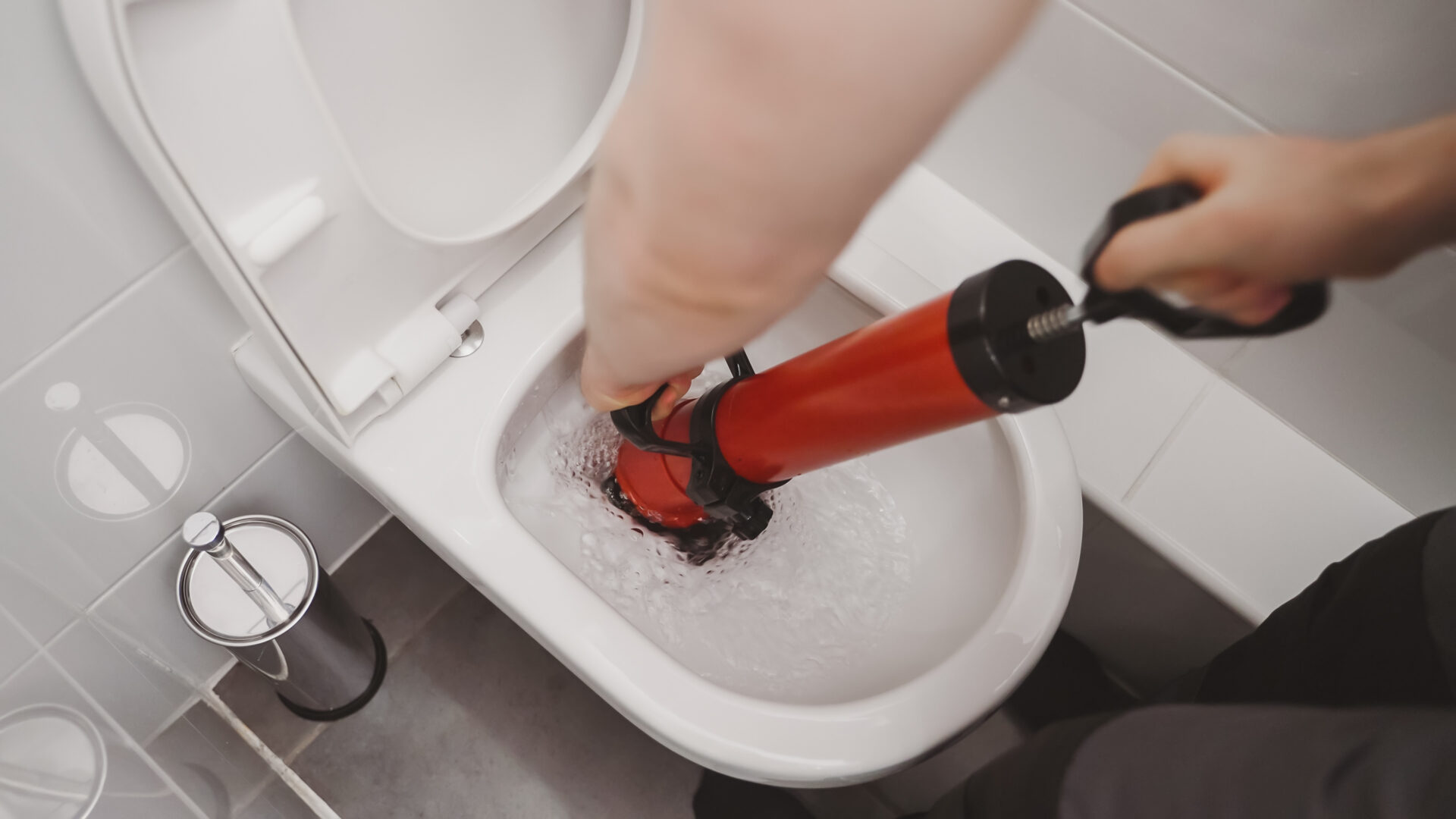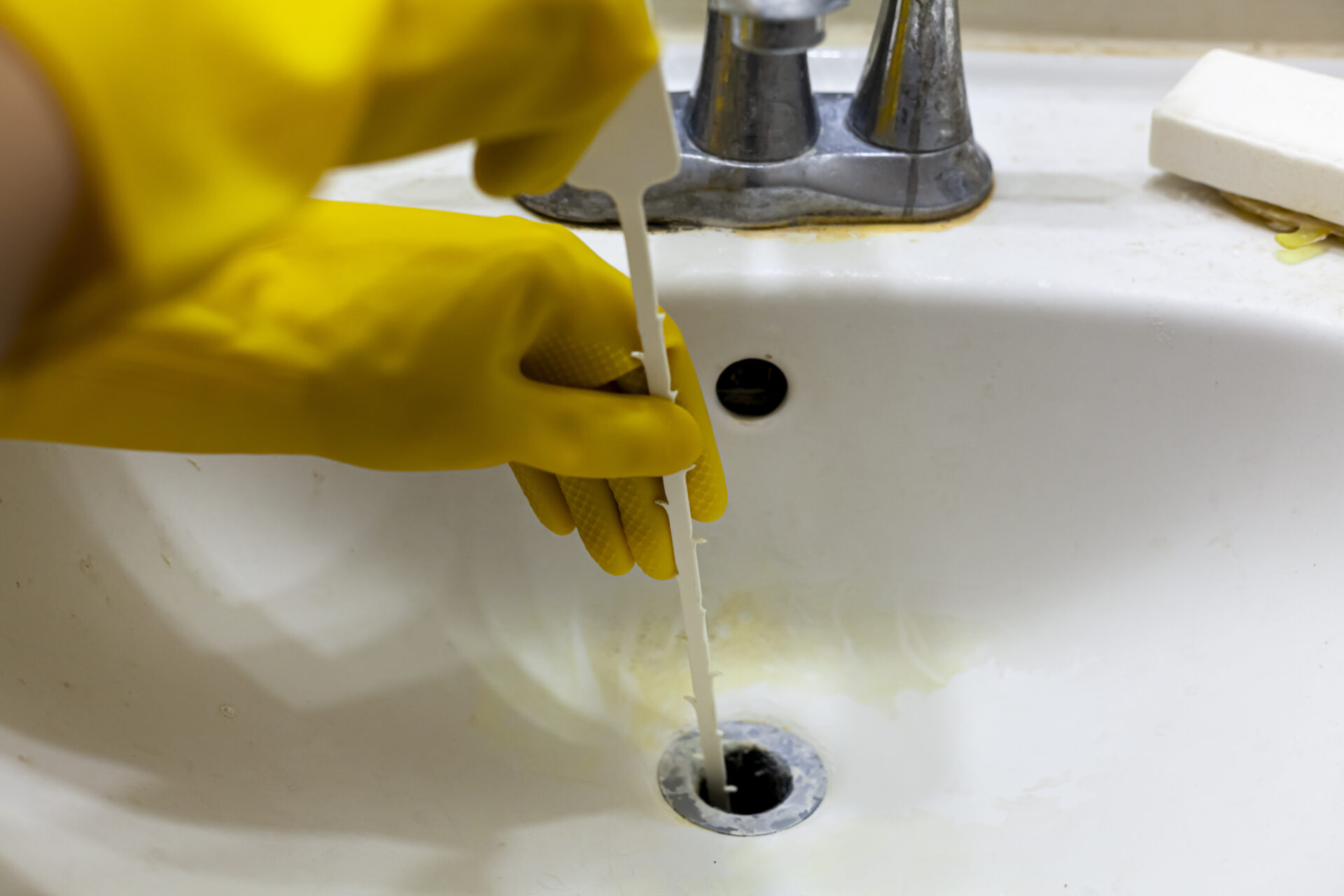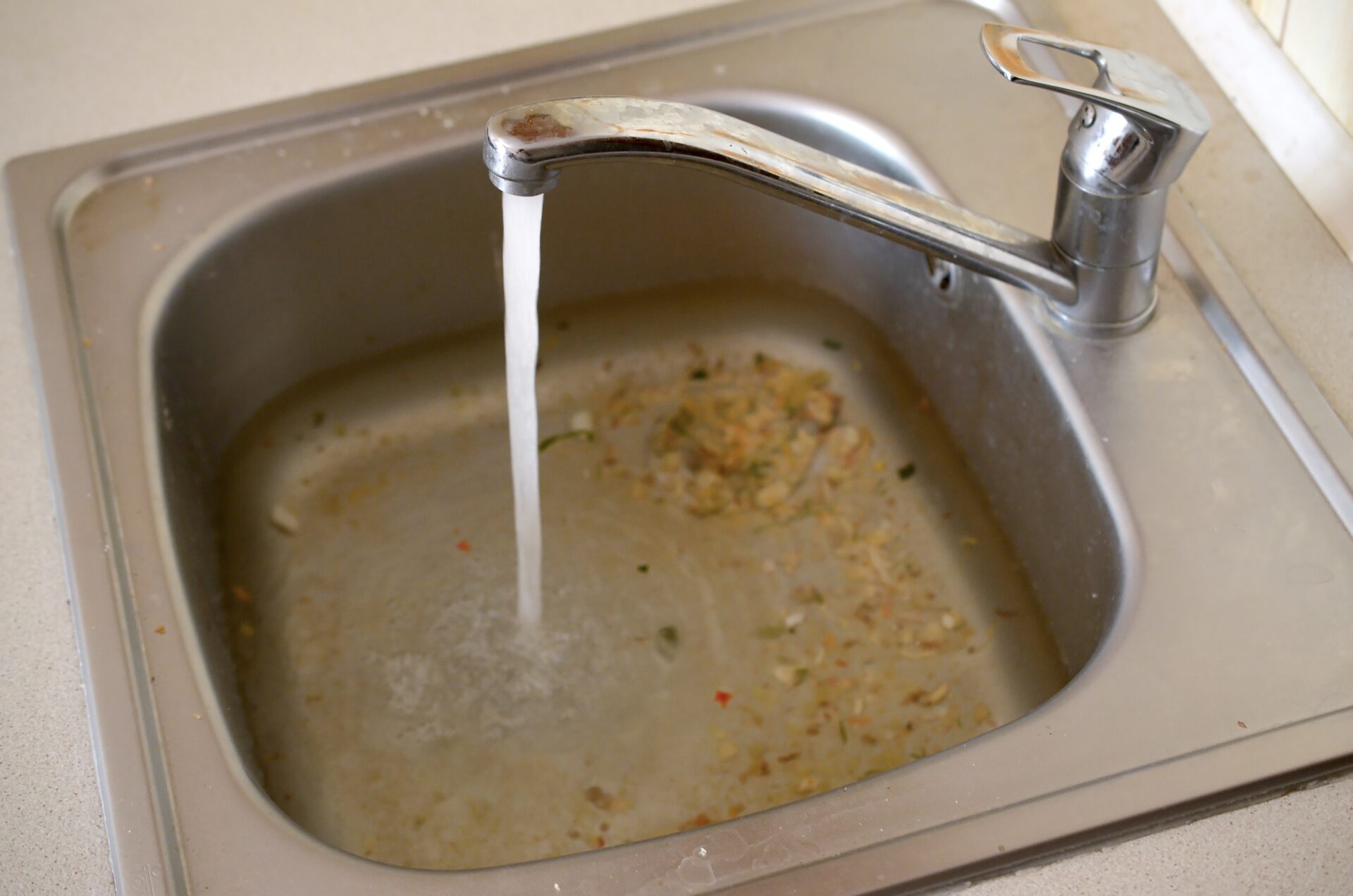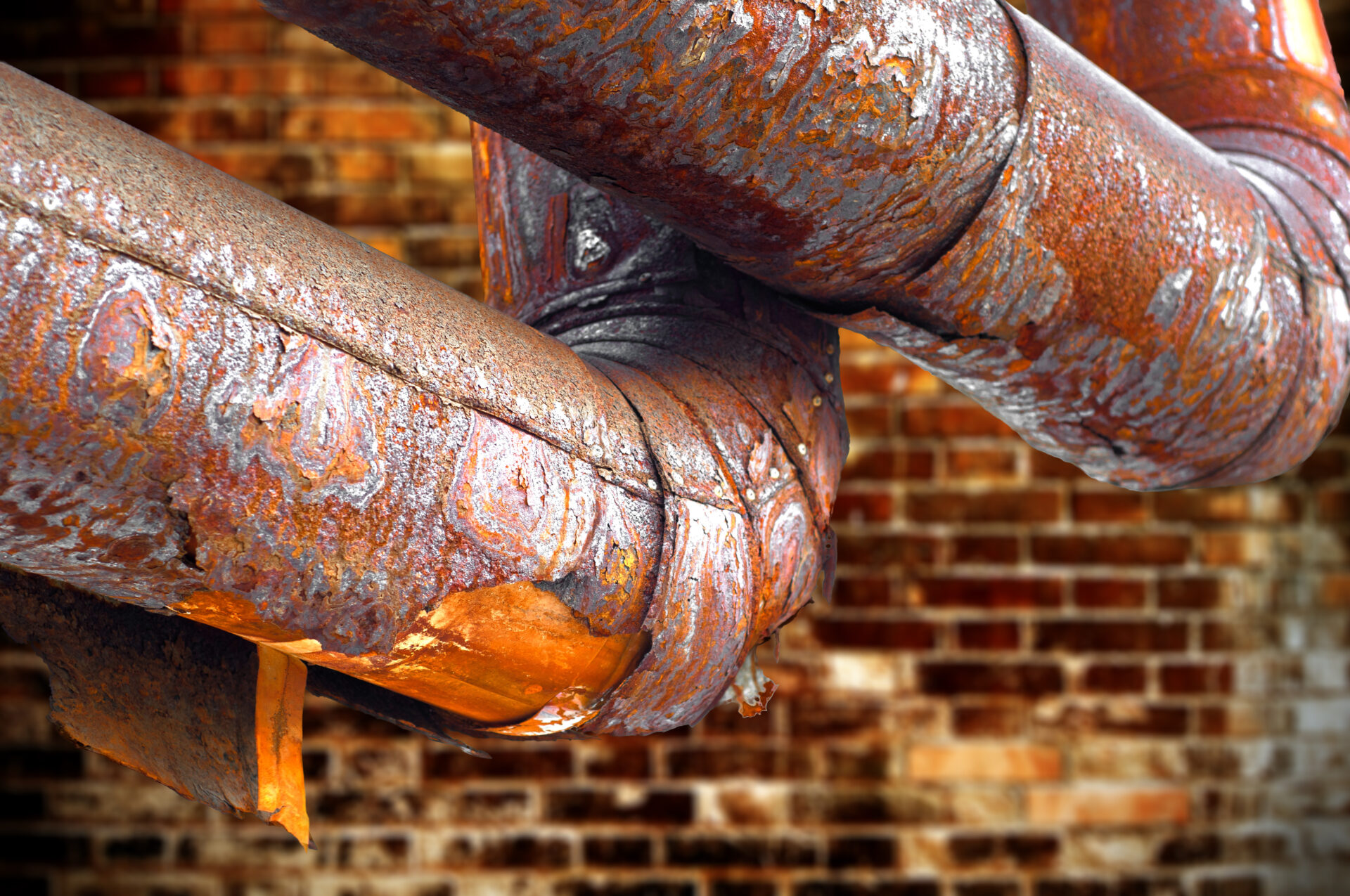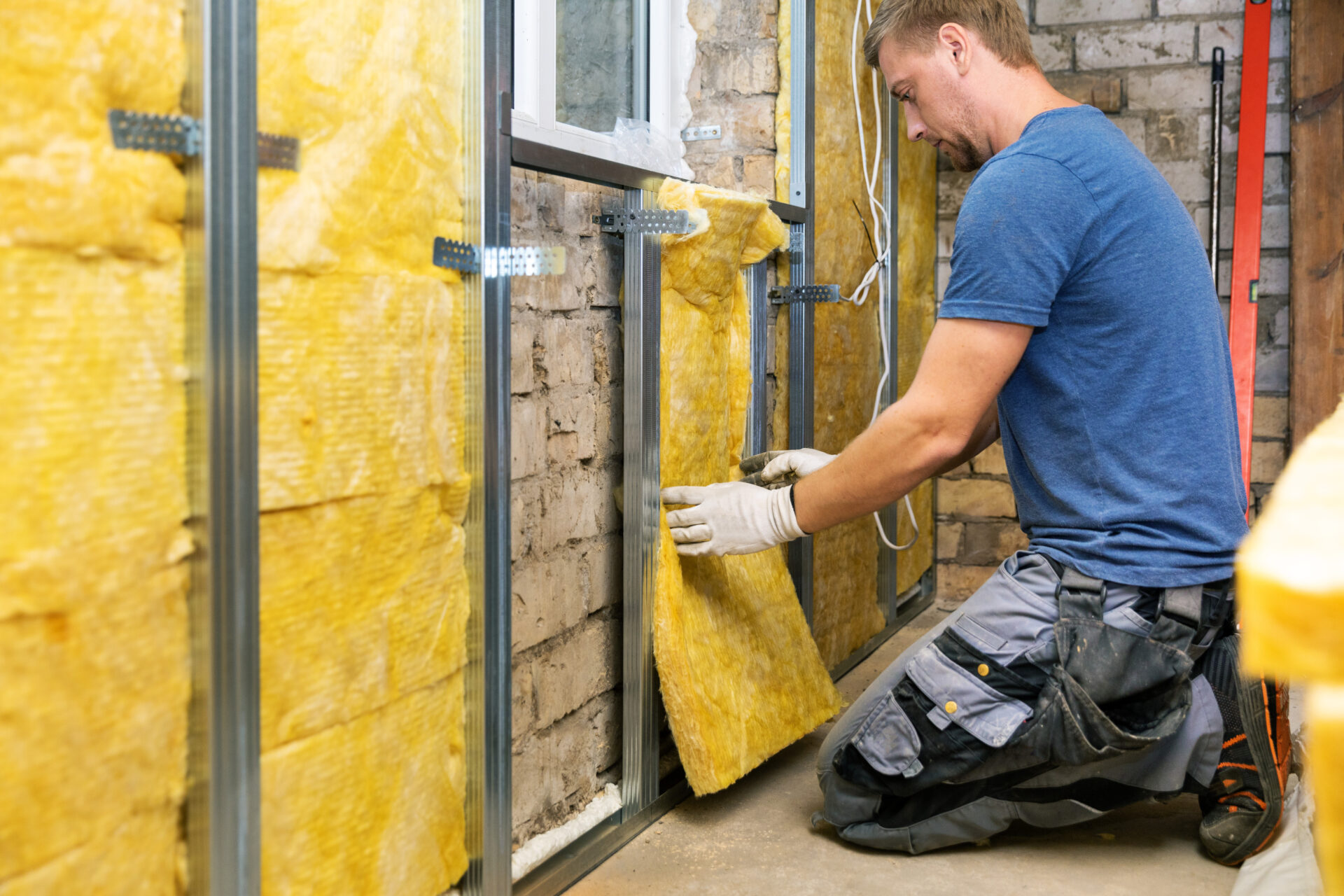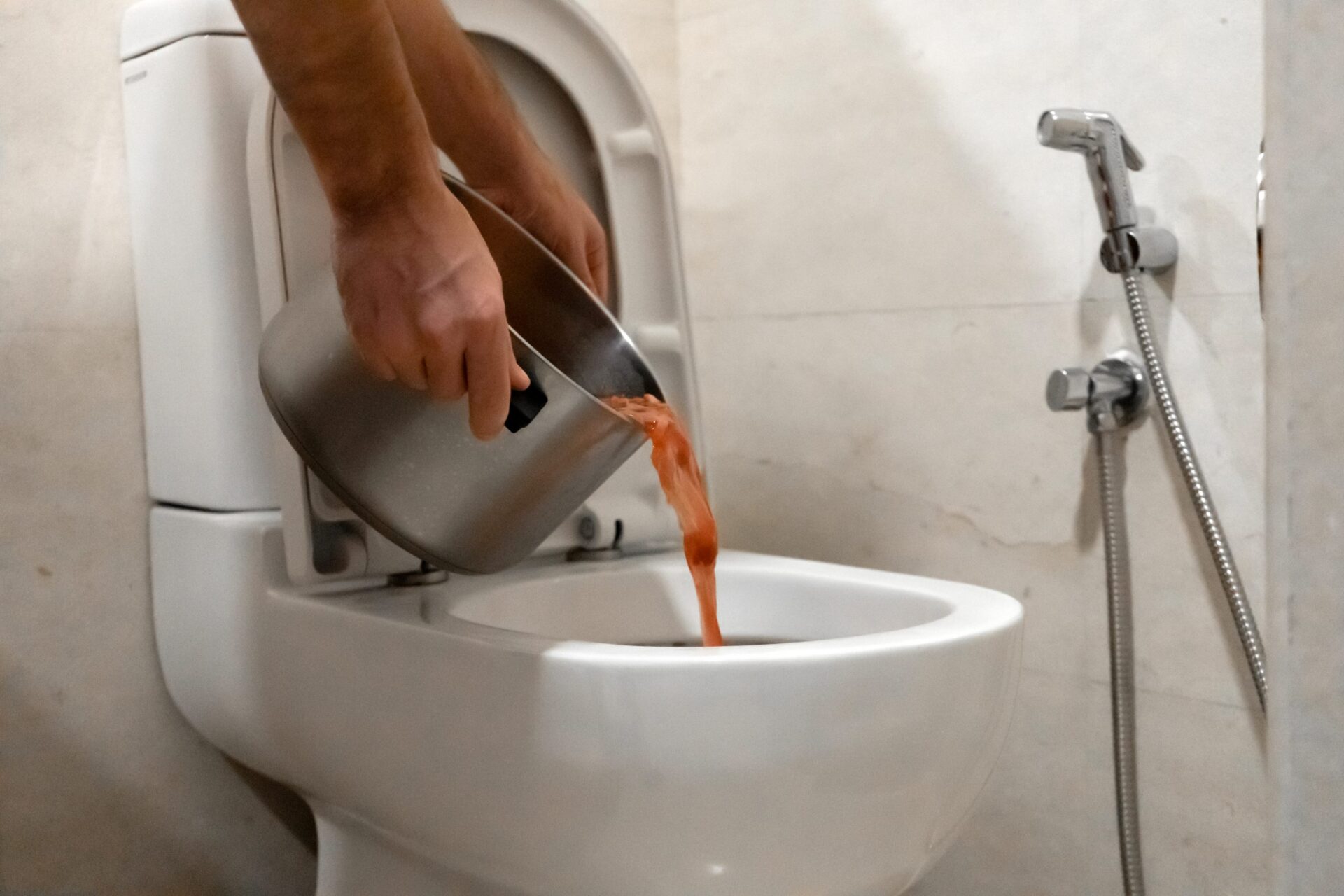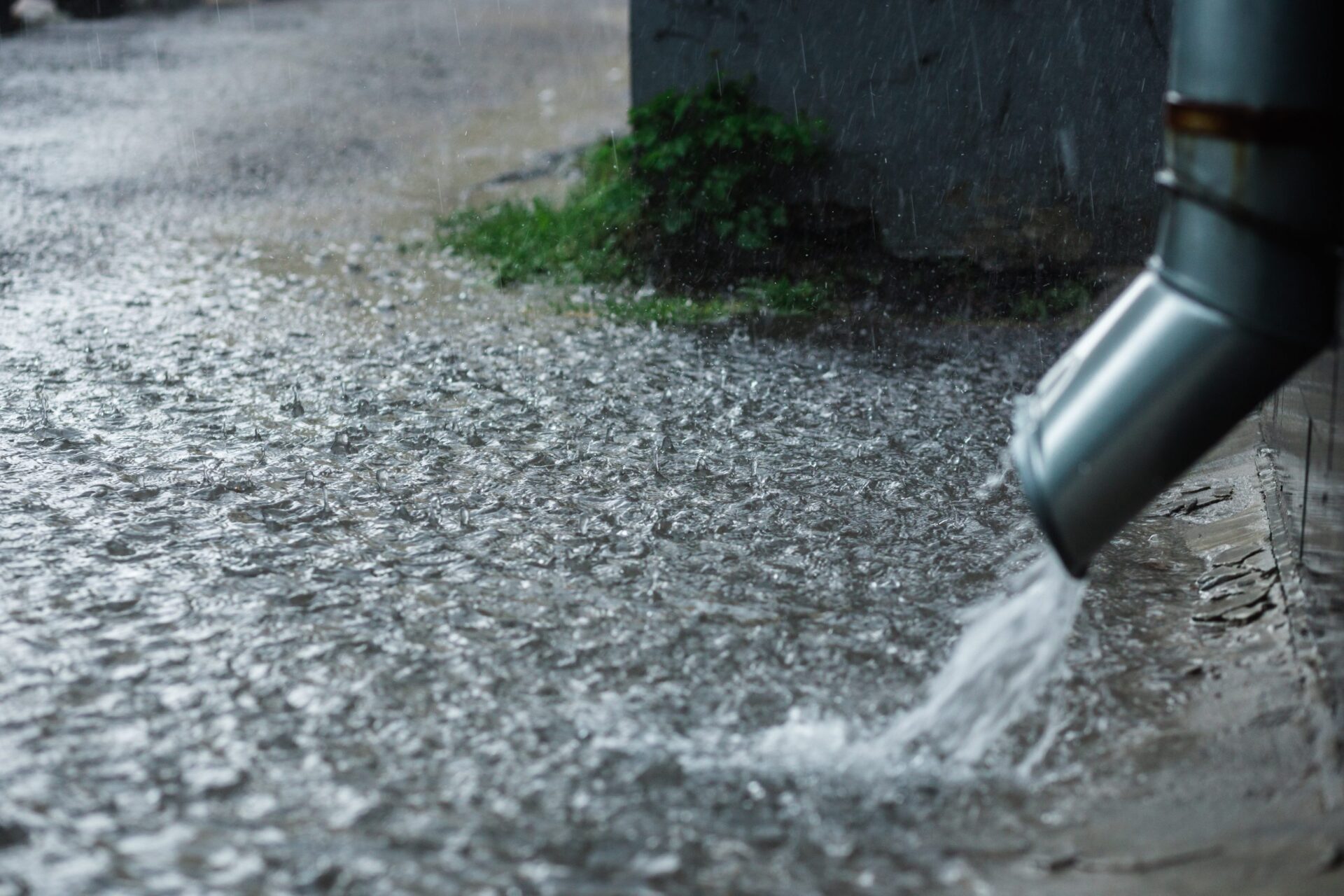In choosing the types of pipes for commercial buildings, one must consider many plumbing pipes for commercial buildings. You usually use plumbing pipes such as Copper and PVC, depending on the application and the installation. Furthermore, some types of plumbing pipe types, such as galvanized and brass, must also be considered.
Insofar as industrial establishments and other commercial buildings are concerned, the progress and the success of the overall operation depend on certain factors. The system that runs along the walls and ceilings furnishes the commercial facility with different required fluids. However, like most crucial systems, pipe fittings likewise need repairs and ultimately complete replacement.
Types of plumbing pipes
- Stainless Steel – Stainless steel looks very clean; however, it is costly. You often use stainless steel pipes in areas that are prone to corrosion as well as near coastal regions.
- PEX – This kind of material provides for a one-of-a-kind convenience in commercial plumbing systems. Therefore, they are malleable and get bent according to the fluid’s pressure and temperature passing through them. PEX is also fit for outdoor usage because it reacts with UV rays.
- Copper – This type of material is relatively expensive, as you base it on its extreme durability and corrosion resistance. Because of this, it is suitable for both hot and cold applications and fit for enduring high pressure.
- PVC – The most used pipes. They find usage in both commercial and domestic settings. Moreover, you primarily use them indoors.
- Galvanized – Primarily used in sewage lines in a commercial setting. Galvanized pipes endure temperatures and pressure fluctuations. Furthermore, they are resistant to fire and can keep the noise levels to a minimum to a tolerable extent.
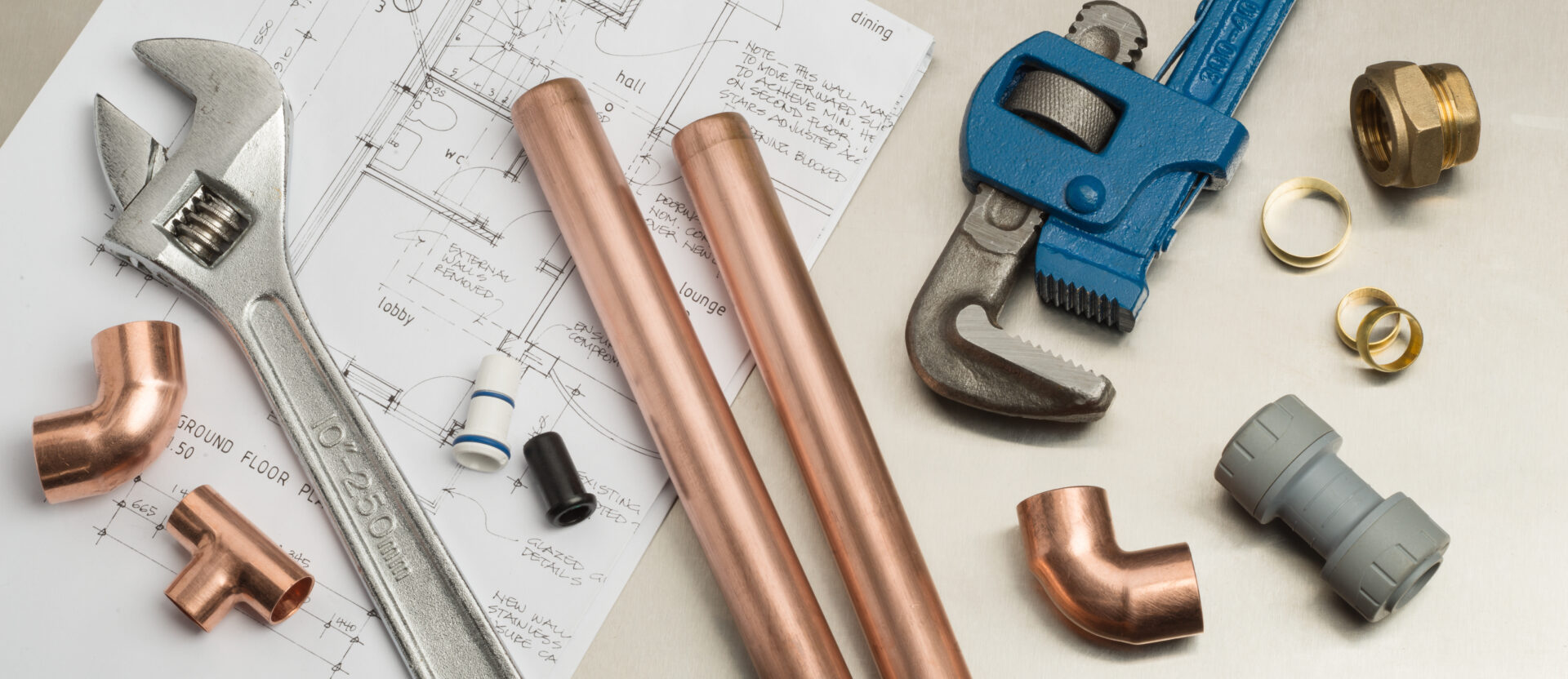
When choosing the types of pipes for commercial buildings, the durability and the added functionality must be considered. There are many factors to consider when constructing a piping system in a commercial establishment. The material selected for the pipes is a critical factor in the functionality of the system. Hence, you must consider the following:
Six Factors
1. Soil Characteristics
It is rather important to take note of the soil composition surrounding the pipes because this has significant effects on the durability of the pipes. Soil with excess moisture, dirt, and other abrasive materials will quicken the depreciation of the pipes. Similarly, the chemical compositions of the soil can create reactions when it comes into contact with certain types of pipes.
2. Temperature tolerance
If the building regularly transports high-temperature fluids, it is important to ensure that the piping materials can deal with the high temperature. In this sense, metals, as opposed to PVCs, are the best choice. If the fluid is too hot or too cold, then commercial plumbing materials should be intended for a particular use. Otherwise, the pipes will be at risk of being damaged. Since it is due to the temperature and, therefore, affects the fluids running inside.
3. Pressure tolerance
When the pressure of the liquid transported is very high, the plumbing system must be rather strong, have a greater thickness, and can withstand the high pressure brought by the fluids. Usually, piping facilities should be able to handle 150 pounds psi. However, if the industry commercially transports liquid with very high-pressure levels, you should specifically design the pipes for that purpose. Liquids and gases such as chlorine, helium, propane, acetylene, nitrogen, and concentrated oxygen can cause varying pressures within the fluid channels. Therefore, if the pipe material used cannot handle the pressure brought by the fluids, as mentioned earlier, it may lead to fire, leakage, flooding, and even damage to the property.
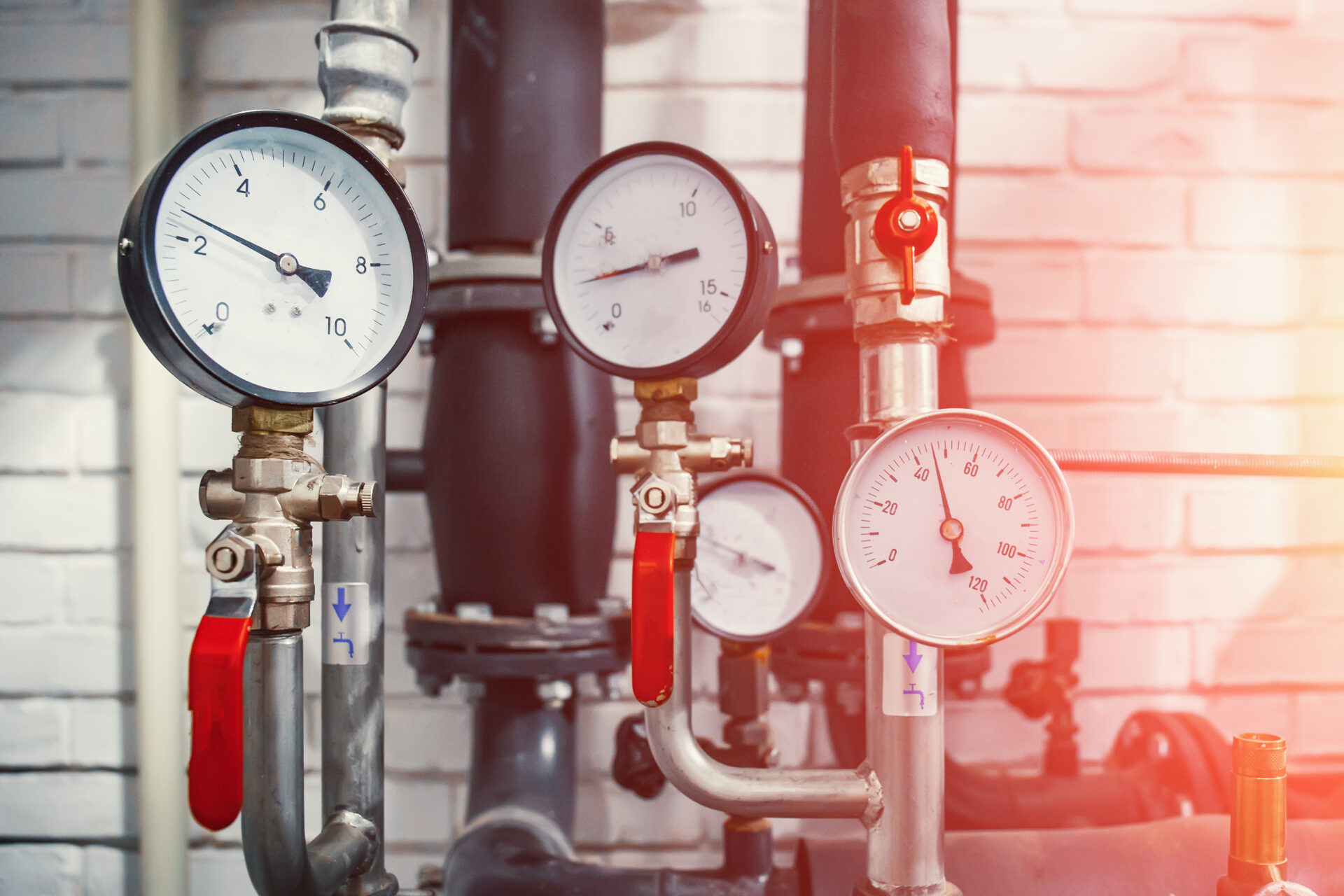
4. Likelihood of corrosion
Corrosion is also a significant factor when it comes to choosing the right pipes. Cooling and heating systems generally include corrosion inhibitors such as nitrites and biocides. Moreover, you can equip some piping solutions with molybdates for cold water systems. However, you can also use them for hot water systems. Both Stainless steel and galvanized steel can resist corrosion and therefore fit for the option in transporting the fittest option for transporting highly corrosive liquids.
5. UV exposure
In certain cases, you can install pipes outdoors throughout the year, leading to their exposure to sunlight. And while thermoplastics can endure the plight of the natural elements, they may not be suitable for UV exposure. Furthermore, using thermoplastic when you expose it to direct sunlight can lead to its chemical composition breaking down, leading to the degradation of the pipe. PVC pipes are recommended in commercial buildings because they are highly suitable with constant UV exposure.
6. Required Flexibility
Without the correct flexibility level, pipes can give way to cracks and even become disjointed. If there is even the smallest gap in the pipe, it may disrupt the flow of the fluid and allow foreign materials to enter into the pipes. PVC pipes are incredibly flexible and versatile in commercial usage and offer an advantage in the piping network. They are likewise corrosion resistant.
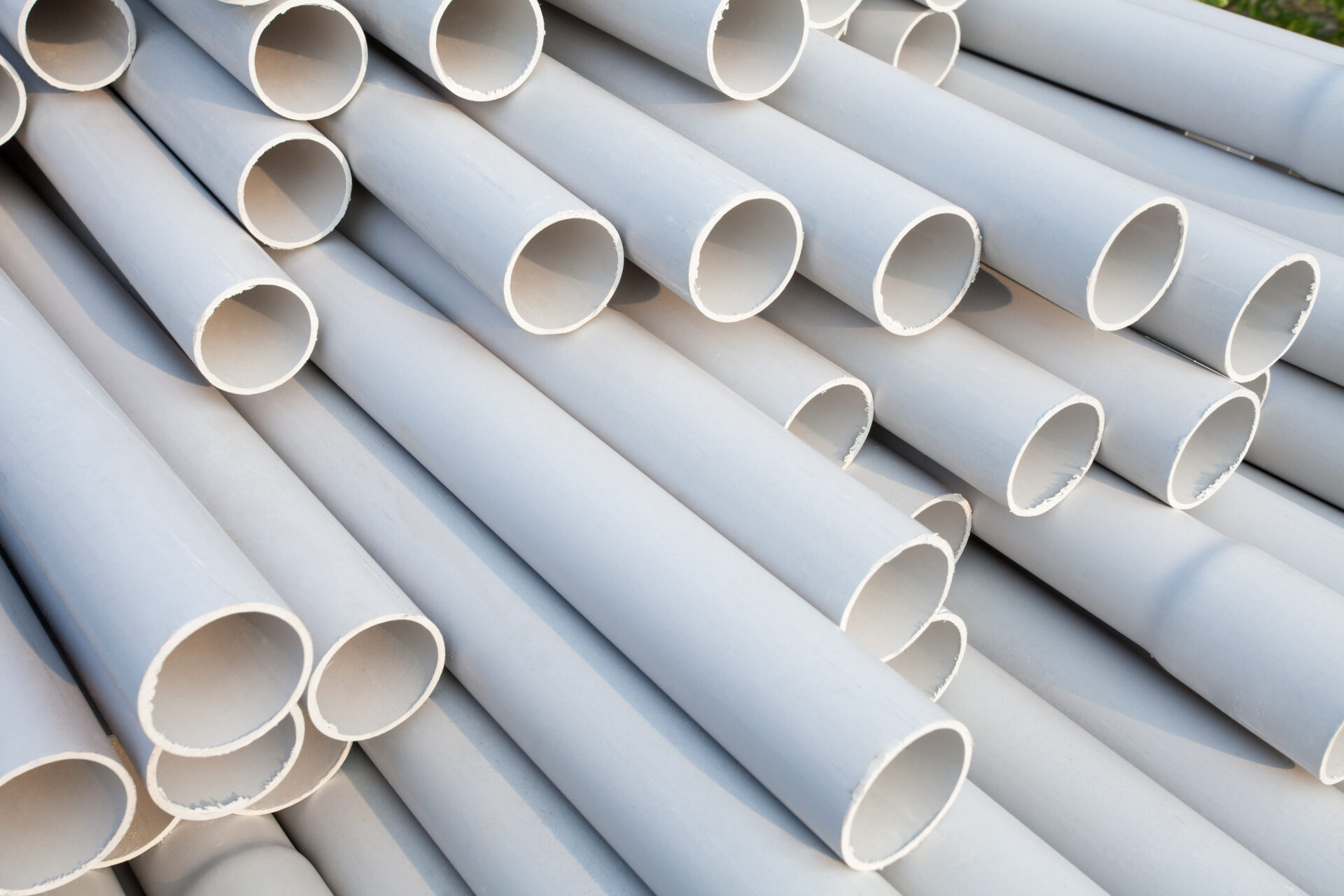
Contact us!
If you plan to choose the right type of pipes for your commercial building, MidCity Plumbers can help! Our plumbing experts offer a wide variety of plumbing and piping services to all customers in Burnaby and the surrounding areas. We cover all your plumbing needs, from leaks, clogs to water heaters. Our reliable team will deliver every service with excellence, never leaving an issue unsolved. If you also need emergency services for your sink drain blockage, give us a call on 📞 (778)-772-8676 today for an estimate.
The post 6 Things to Look For When Choosing Pipes for Commercial Buildings appeared first on MidCityPlumbers.
source https://midcityplumbers.com/blog/6-things-to-look-for-when-choosing-pipes-for-commercial-buildings/






